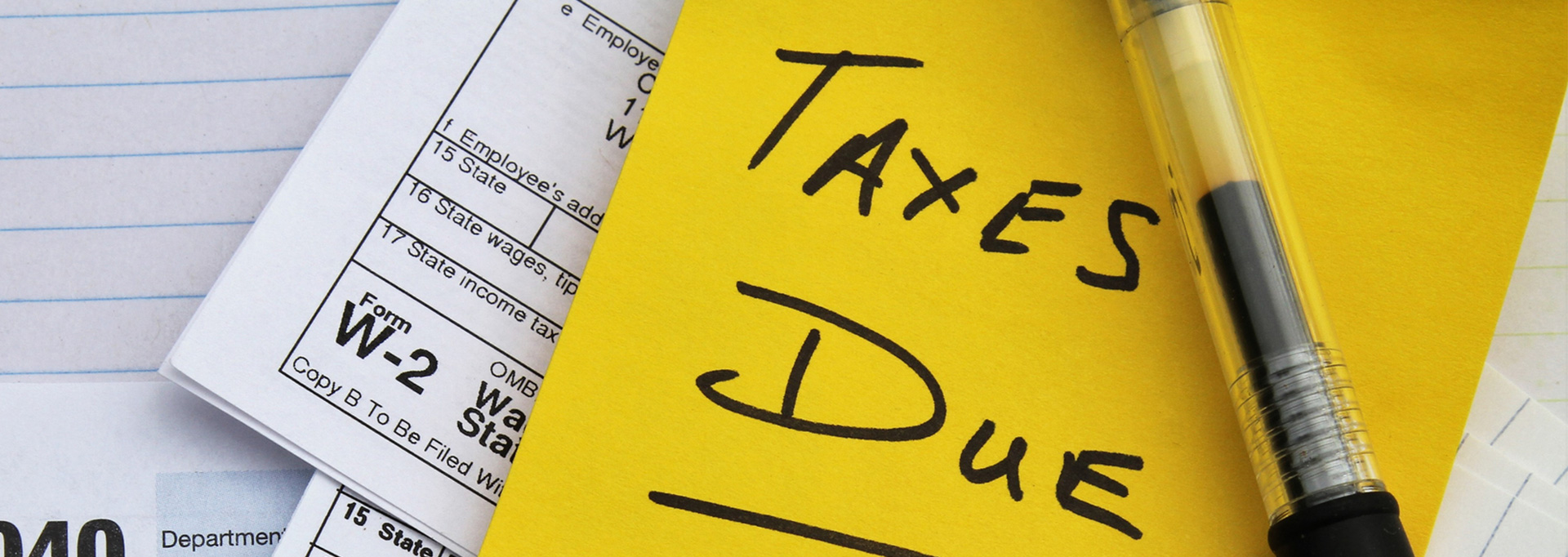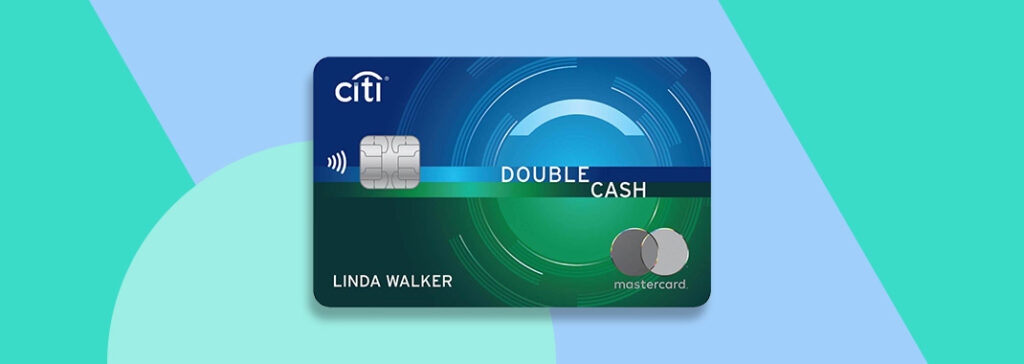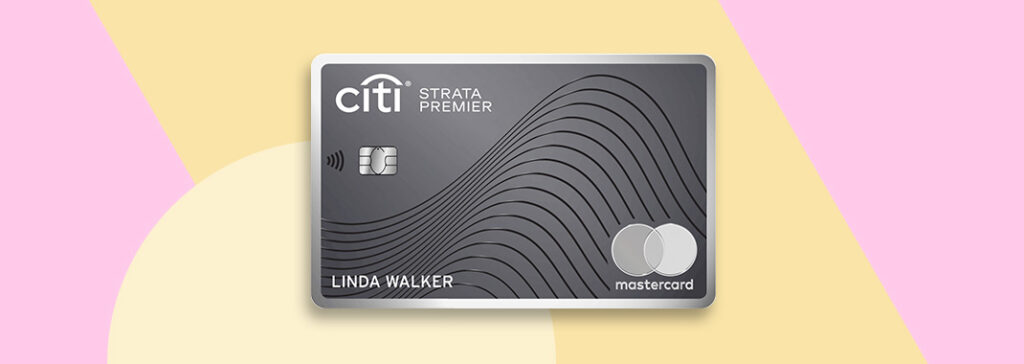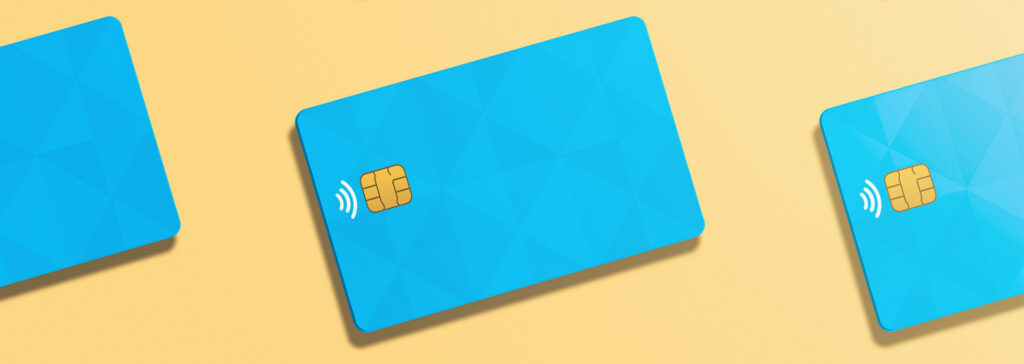Most products on this page are from partners who may compensate us. This may influence which products we write about and where and how they appear on the page. However, opinions expressed here are the author's alone, not those of any bank, credit card issuer, airline or hotel chain. Non-Monetized. The information related to Chase credit cards was collected by Slickdeals and has not been reviewed or provided by the issuer of these products. Product details may vary. Please see issuer website for current information. Slickdeals does not receive commission for these products/cards.
If you're facing a steep tax bill that you can't afford, you may be wondering whether you're eligible for relief. Tax relief can come in many different forms, though your options will depend on your unique situation.
Here are four programs the federal government offers and what you can do to qualify for them.
1. Installment Agreements
If you're unable to pay your tax bill by your due date, but you can afford to pay it off over time, the IRS offers both short- and long-term installment plans:
- Short-term installment plan: This option gives you 180 days to pay your tax bill. There's no fee to set up your plan, but you must have less than $100,000 in combined taxes, penalties and interest to be
eligible . - Long-term installment plan: With this plan, you can pay off your tax debt over up to 72 months. You may qualify if you have less than $50,000 in combined taxes, penalties and interest. Depending on how you apply and your payment method, you may need to pay a setup fee ranging from $31 to $225. However, you can get the fee waived if you're eligible for low-income taxpayer
status.
Regardless of which one you choose, you'll have an 8% interest rate. Also, it's important to keep in mind that getting on an installment plan doesn't waive the failure-to-pay penalty, which kicks in if you don't pay your full bill by the original deadline. If you don't pay your taxes, an extra fee of 0.5% of the unpaid amount will be charged for each month (or part of a month) it remains unpaid. However, this extra fee won't be more than 25% of the tax you didn't
2. Penalty Abatement
If you made every effort to comply with tax laws and were penalized due to circumstances outside of your control, you may be eligible for penalty relief:
- First-time penalty abatement: If you haven't been penalized for the three consecutive tax years prior to the current one (and it's the same return type), you may be able to get the penalty waived, as well as the interest charged on the penalty reduced or
removed. - Reasonable cause: If you acted in good faith and with reasonable cause, you may be able to get certain penalties waived for certain situations, such as a death, serious illness or unavoidable absence for you or your immediate family, natural disasters, fires and
civil disturbances. - Statutory exceptions: The tax code includes certain exceptions for penalties. If you relied on incorrect written advice from the IRS
in response to your written request for said informatio n, were penalized despite mailing your return on time, live in a federal disaster area, or were involved in military operations in a combat zone, you're eligible for penalty relief.
Before you seek penalty relief, make sure you fully understand each option, the eligibility criteria and the exceptions.
3. Offer in Compromise
If your financial situation is dire, and you believe you'll be unable to pay back your debt—or doing so would create financial hardship—you may be able to settle your tax debt for less than the total amount you owe.
This option is called an offer in compromise. Essentially, you'll need to provide the IRS with information about your income, expenses and assets, and then make an offer for how much you can pay. Depending on your situation, you may be able to opt for a lump-sum payment or
If you're curious about this option, you can use the IRS pre-qualifier
4. Currently Not Collectible
If you don't qualify for an offer in compromise, you may be eligible to put your tax debt in currently not collectible (
In particular, you may qualify for the CNC hardship program if the IRS determines that you can't pay both your tax bill and reasonable living expenses. Once your tax bill is in CNC status, the IRS won't attempt to collect the amount you owe until your financial situation improves.
This means that the federal agency won't file a tax lien, garnish your bank account or wages or seize other assets. That said, interest and penalties will continue to accrue, and if you receive a tax refund on a future return, the IRS will apply that to your
What to Do if You Believe You're Eligible for Tax Relief
If you're concerned about an upcoming tax bill or you're already behind on an IRS debt, here are some steps you can take:
- Consult with a tax professional: Find a qualified Certified Public Accountant or Enrolled Agent who can give you professional tax advice for your unique situation. You may have to pay a consulting fee, but that can be worth it if you want to avoid problems with the IRS.
- Think twice about tax relief offers: While some tax relief companies offer legitimate services, they may charge an upfront fee, and in some cases, it can be higher than the relief you obtain. As a result, it's always best to try to work directly with the IRS first. Also, keep in mind that there are plenty of scammers out there hoping to take advantage of desperate taxpayers. Be wary of guarantees and promises that sound too good to be true or claims that the IRS won't work with you
directly. - Be prepared: Before making your case to the IRS, it's crucial to have all of the information and documentation the tax agency requires. Otherwise, your request for relief may be delayed or denied. Rely on the help of a tax professional or visit the
IRS website directly to understand what's expected.
The Bottom Line
Tax relief is available to taxpayers who can't pay their bills, but depending on your situation, only certain options may be available to you.
Before reaching out to the IRS, consider other ways to manage your financial situation and pay what you owe using strategies like increasing your income and cutting other













